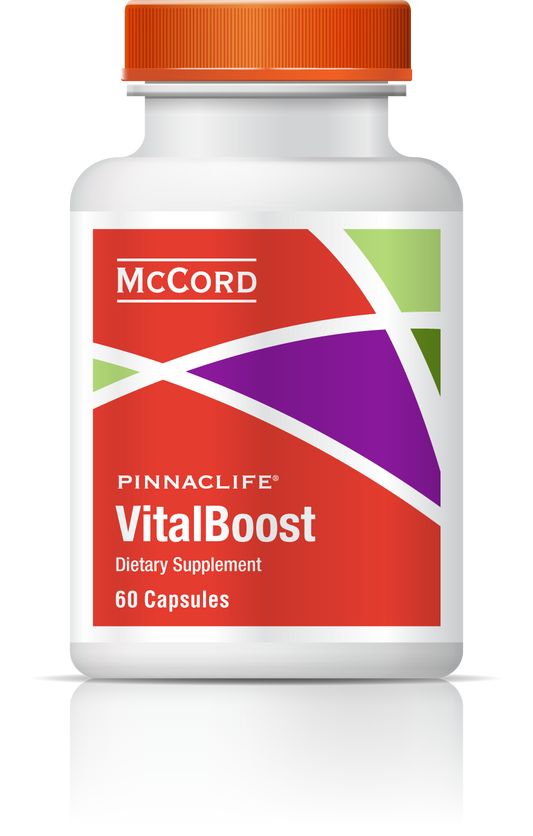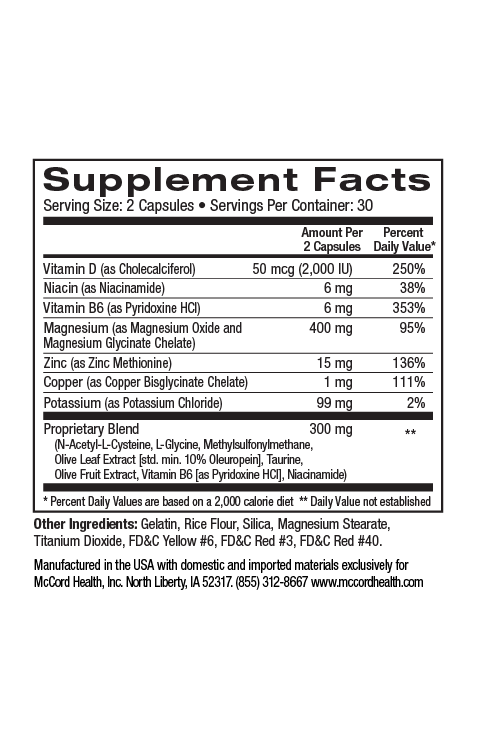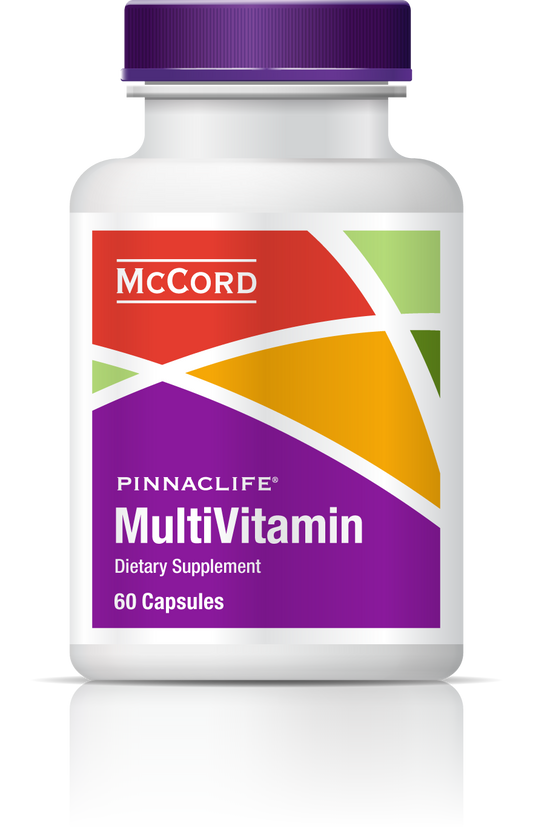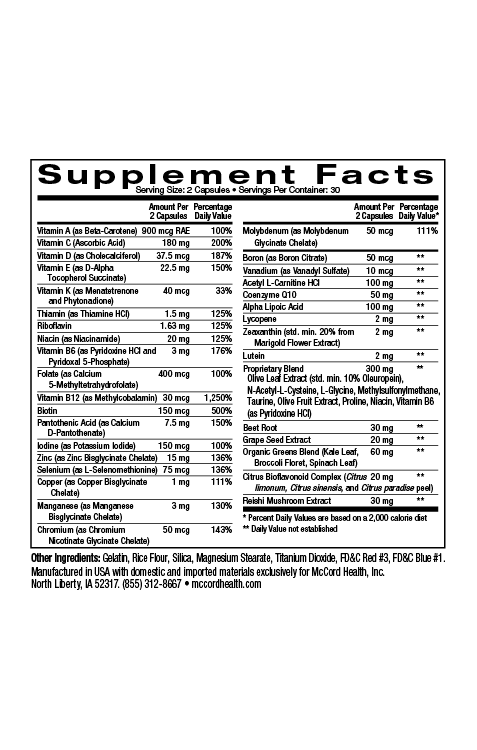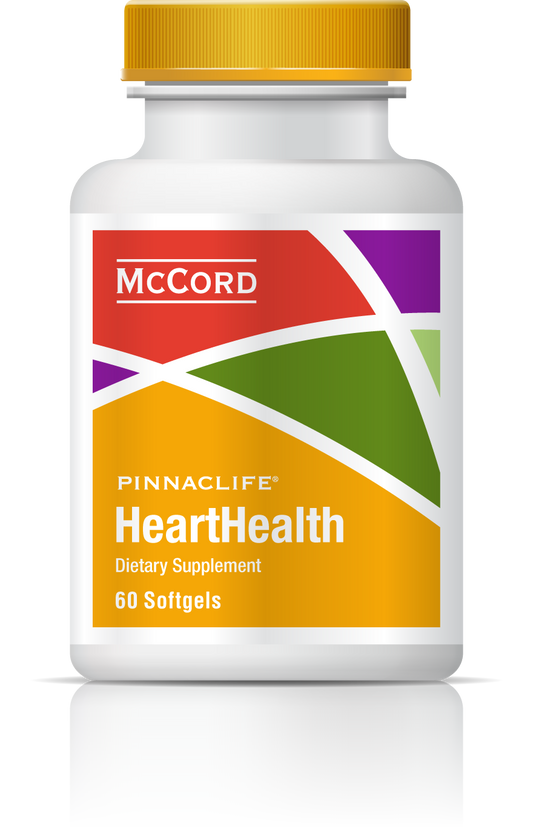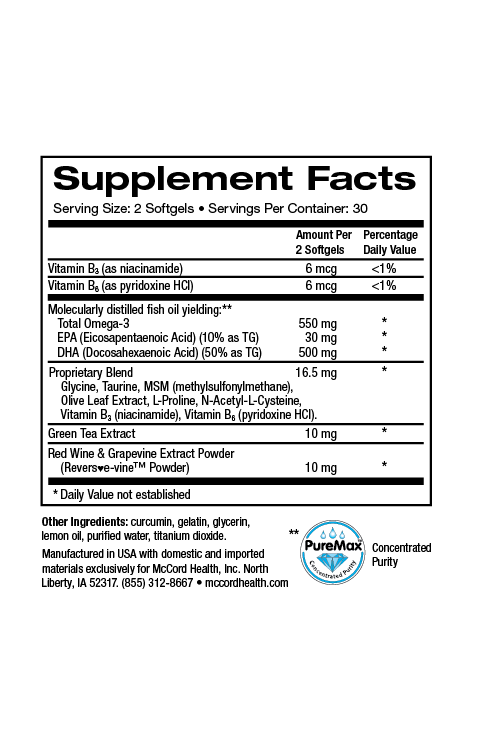In today’s fast-paced world, maintaining a strong immune system is more crucial than ever. With a plethora of vitamin supplements available on the market, it’s essential to understand their role and impact on your immune health. This blog will guide you through what you need to know about incorporating vitamin supplements into your daily routine.
Understanding the Immune System
The immune system is a complex network of cells, tissues, and organs that work together to defend the body against harmful invaders. Understanding its basic functions can help you appreciate how supplements might assist in keeping it strong and efficient.
Imagine your immune system as a highly trained army that vigilantly guards your body against infections and diseases. The white blood cells, antibodies, and other components act as soldiers, each with specific roles in identifying and neutralizing potential threats. These intricate defense mechanisms are influenced by a variety of factors, including diet, stress levels, and exposure to environmental toxins. While our bodies are naturally equipped to fend off most pathogens, certain vitamins and nutrients are essential for optimal functionality. By maintaining a well-balanced diet rich in these nutrients, we can support our immune soldiers, enabling them to perform their duties effectively.
When considering ways to support this vital system, it’s important to first appreciate the different components and how they interact. Natural barriers, such as skin and mucous membranes, serve as the first lines of defense, keeping out unwanted germs. Once an invader breaches these barriers, the innate immune response kicks in, unleashing a non-specific attack to control the spread. Following this, the more sophisticated adaptive immune response takes over, enabling the body to remember and respond more effectively to pathogens encountered in the past. With such a dynamic and collaborative system at play, the simple act of boosting one’s vitamin intake through supplements holds the promise of enhancing the system’s overall resilience.
Key Vitamins for Immune Support
Certain vitamins are known to play a pivotal role in supporting immune health. From vitamin C and D to more obscure ones like zinc and selenium, this section covers their functions and importance.
Vitamin C, perhaps the most well-known immune booster, plays a vital role in various bodily functions. Its antioxidant properties help protect cells from damage by harmful molecules, a property that becomes even more crucial during a tough cold or flu. Meanwhile, vitamin D has garnered attention for its role in regulating the immune response. Promoting the absorption of calcium, it’s also linked to improved pathogen-fighting capabilities. Another critical player is zinc, a mineral that supports the functioning of innate and adaptive immune cells. In fact, studies have highlighted its potential to reduce the duration of colds when taken promptly supporting immune health.
Selenium and vitamin A also deserve a place on this list. While selenium is instrumental in the production of certain antioxidant enzymes that shield the body from oxidative stress, vitamin A not only plays a role in vision but also in maintaining the health of the skin and mucous membranes—key physical barriers in our immune defense. Each of these nutrients interacts with different components of the immune system, showcasing their unique influence on health. So, maintaining a nutrient-rich diet, inclusive of diverse vitamins and minerals, becomes not just beneficial but essential for overall immune fortification.
The Role of Vitamin Supplements
While whole foods are the best sources of essential nutrients, there are times when supplements might be necessary to fill nutritional gaps. Learn when and how supplements can be useful in maintaining optimal vitamin levels for immune support.
In a perfect world, a balanced diet would provide all the necessary nutrients. However, today’s fast-paced lifestyle often means grabbing quick, processed, or nutritionally lacking meals. This is where vitamin supplements step in. For individuals with specific dietary restrictions, like vegans or those with food intolerances, supplements make it easier to acquire vital nutrients they might otherwise miss out on. Moreover, during certain life stages, such as pregnancy or aging, the body’s nutritional needs change, necessitating additional support from supplements.
However, the decision to use supplements should always be made with careful consideration. While they can help correct deficiencies and support overall health, supplements should never replace a healthy diet. Instead, think of them as an additional tool—a way to ‘top up’ on vitamins where your diet may fall short. As you explore options, it’s essential to evaluate the quality, dosage, and sources of these supplements to ensure they are appropriate for your needs. Making informed choices centered around supplement use can greatly benefit your long-term health and wellness.
Potential Benefits and Risks
While supplements can offer health benefits, they are not without risks. Overconsumption and interactions with medications can cause issues. This section discusses the benefits and potential pitfalls of vitamin supplement use.
The positive impact of supplements on immune health has been well-documented, but it’s crucial to acknowledge the potential downsides. One such issue arises from overuse. For instance, taking excessive amounts of fat-soluble vitamins like A, D, E, and K can lead to toxicity symptoms. Similarly, large doses of water-soluble vitamins, although less risky due to expulsion through urine, can still cause harm in rare cases. Understanding the appropriate dosage and not exceeding recommended limits is vital to prevent such adverse effects.
Furthermore, interactions between supplements and medications pose another concern. For example, vitamin K can interfere with the effectiveness of anticoagulant medications. Hence, consulting a healthcare professional, particularly if you’re already on medication or have underlying health conditions, is highly recommended. Professionals can offer guidance on achieving the right balance and ensuring that your supplement regimen supports, rather than hinders, your health.
Choosing the Right Supplements
With so many options available, selecting the right supplements can be overwhelming. This section provides practical tips on how to choose quality supplements, considering factors such as brand reputation, dosage, and individual health needs.
When navigating the myriad of supplement choices on the market, start by considering your individual dietary needs. Are you often indoors, potentially lacking vitamin D from sunlight? Do you follow a diet that might be low in vitamin B12? Once you’ve identified your specific needs, researching reputable brands becomes pivotal. Look for brands that offer transparency regarding sourcing, manufacturing processes, and ingredient purity. Certifications from third-party testing organizations can also provide peace of mind, ensuring that what’s on the label matches what’s in the bottle.
Don’t forget to examine dosage recommendations. Labels typically list a suggested daily dosage, but it’s imperative to cross-reference this with guidelines from reliable health authorities. Being attentive to your body’s signals and adjusting dosages if experiencing adverse reactions is also vital. And remember, the highest price doesn’t always equate to the highest quality. By diligently researching and choosing wisely, you can enhance your overall health with confidence.
Consulting with Healthcare Professionals
Before adding any supplements to your regimen, consulting with a healthcare provider is crucial. They can provide personalized advice based on your health status and nutritional requirements.
Considering the complexities of nutrition and health, seeking professional advice is not just recommended—it’s essential. Healthcare providers can conduct blood tests to identify specific deficiencies, offer insights into potential interactions with medications, and tailor supplement plans to align with your individual health objectives. For those with chronic conditions or who take multiple medications, this guidance becomes even more crucial. Their expertise ensures that your supplement regimen complements your overall health strategy, safeguarding you against unanticipated pitfalls and ultimately optimizing your wellness journey.
Moreover, regular follow-ups with your healthcare provider allow for adjustments as your health needs evolve over time. Open communication fosters a collaborative approach, ensuring that your nutritional strategies grow alongside you. Embracing professional guidance means not only bolstering your confidence in supplementation choices but also empowering you on your path to enhanced well-being.
Making Informed Choices for Your Immune Health
Ultimately, vitamin supplements can be beneficial in bolstering your immune system, especially when dietary intake falls short. However, they should complement a balanced diet and healthy lifestyle rather than substitute them. Always consult with a healthcare professional to determine what’s right for your individual needs.


